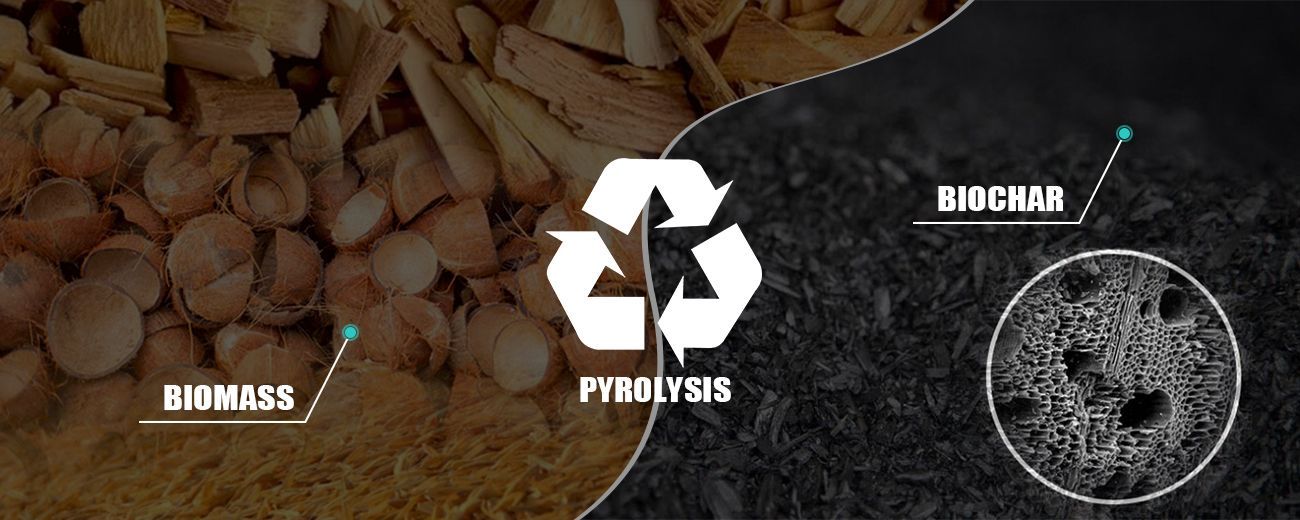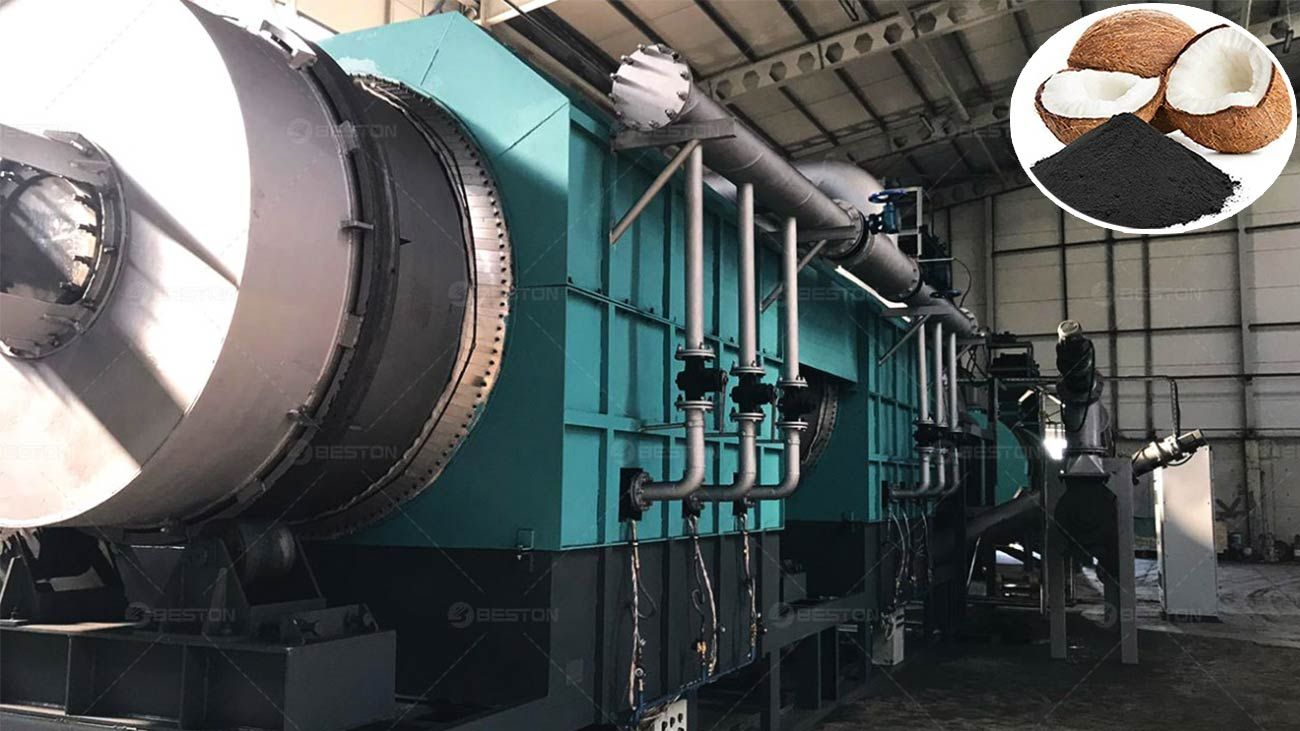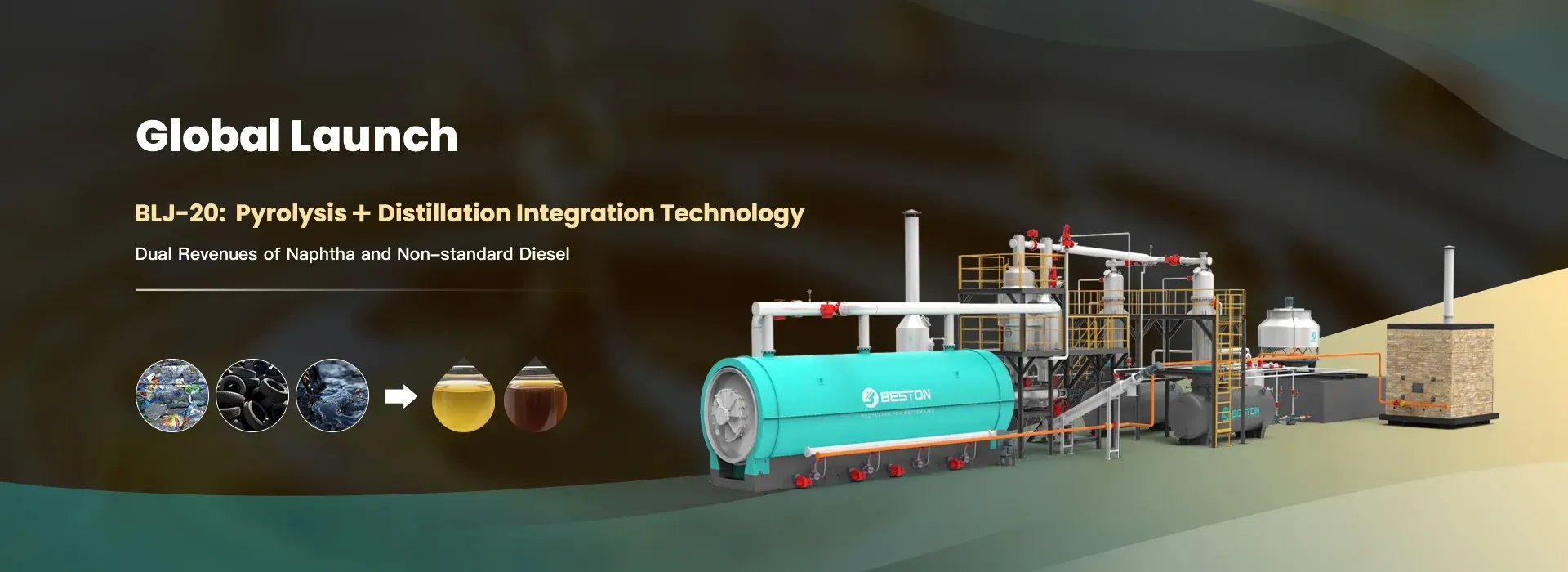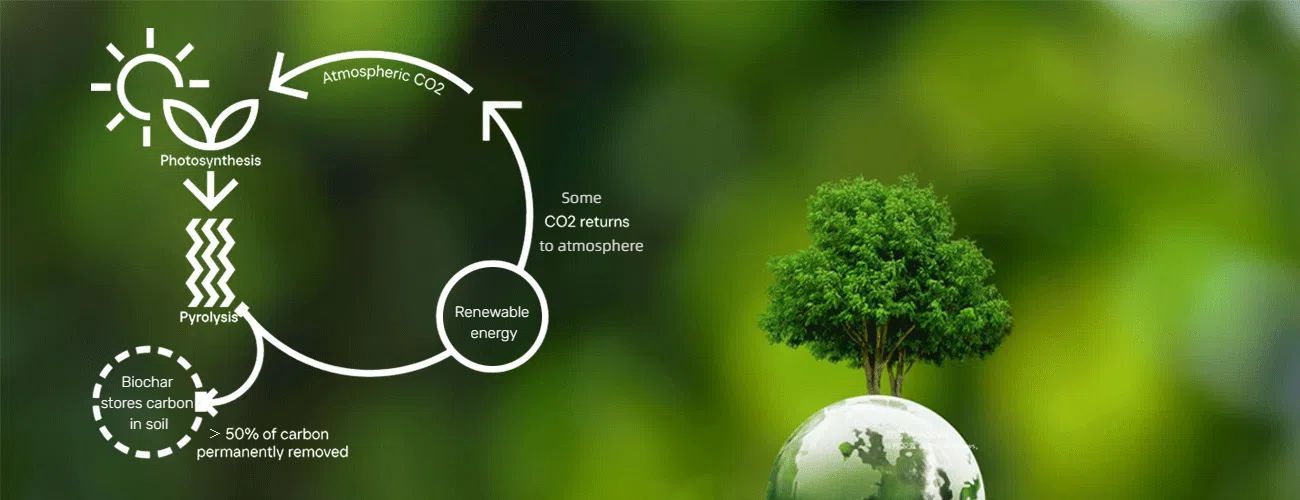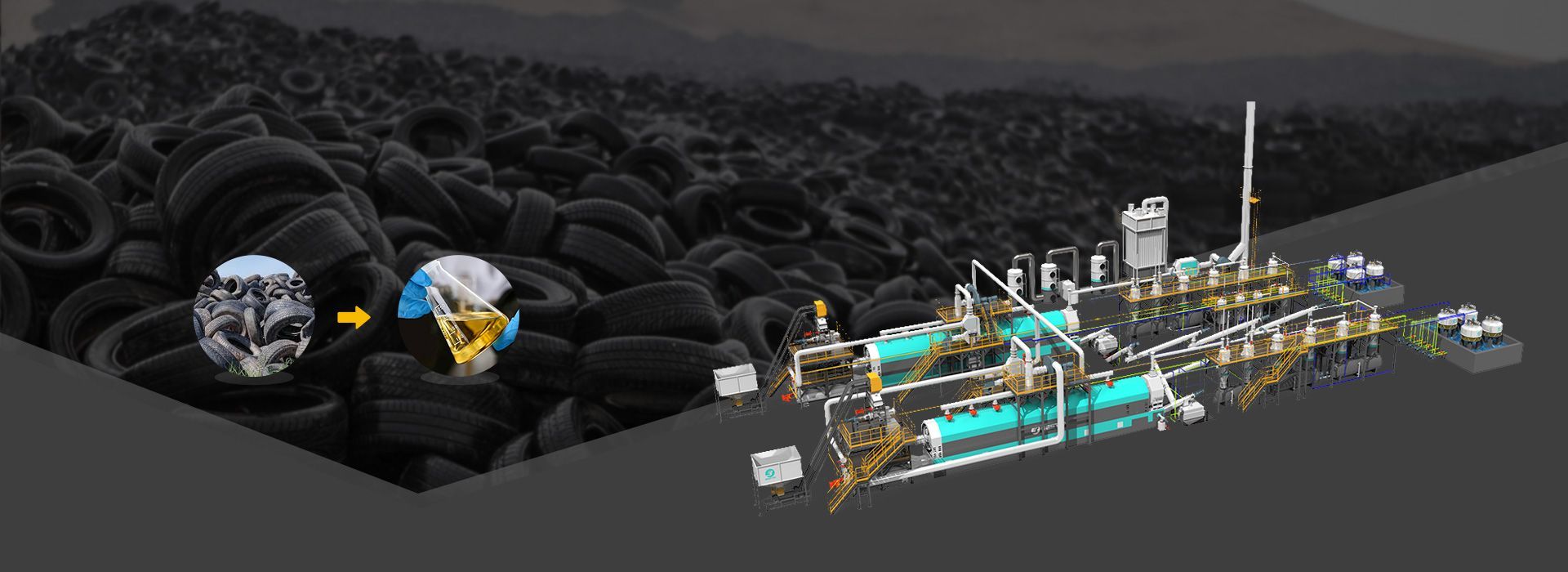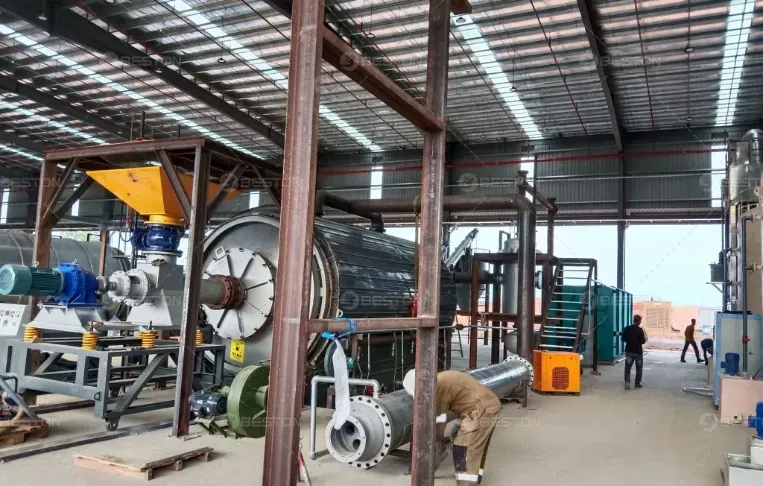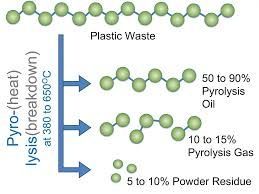EBC Biochar Production: Meeting High Standards for Sustainable Soil and Carbon Solutions
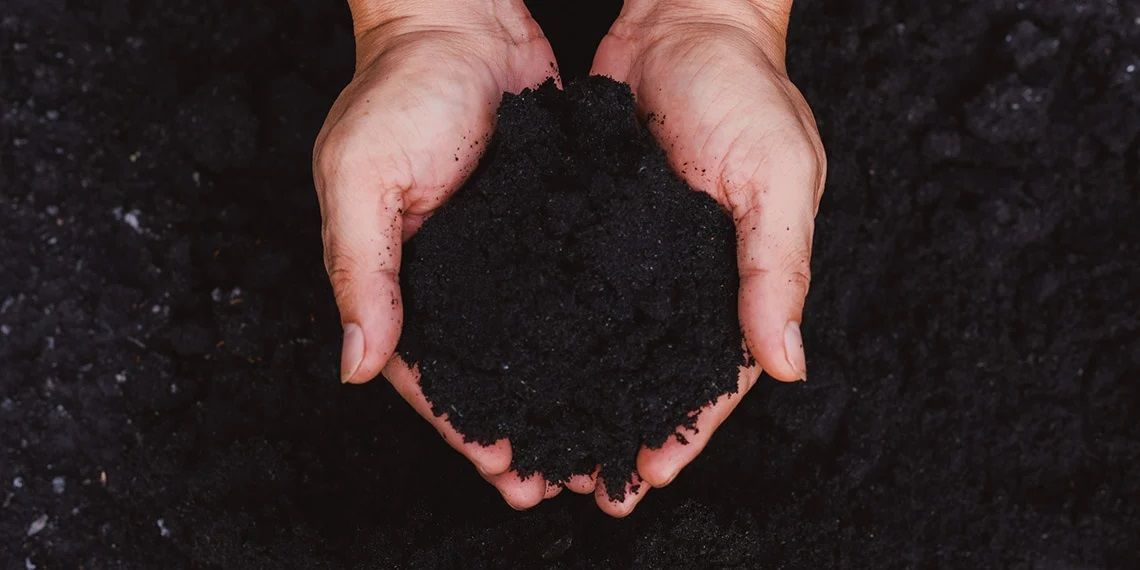
As the world leans into sustainable agriculture and carbon sequestration, biochar has emerged as a star material—improving soil health, reducing greenhouse gases, and repurposing organic waste. But not all biochar is equal. EBC (European Biochar Certificate) sets the gold standard for quality, ensuring biochar is safe, effective, and produced responsibly. At the core of achieving this certification is biochar production equipment—the technology that turns organic feedstocks (like wood chips, crop residues, or manure) into EBC-compliant biochar. Let’s dive into what EBC biochar production entails, why it matters, and how the right biochar production equipment makes it achievable.
1. What Is EBC Biochar, and Why Does Production Matter?
The European Biochar Certificate (EBC) is a rigorous standard that defines biochar’s quality, safety, and sustainability. EBC-certified biochar must meet strict criteria: low heavy metal content, high carbon stability (for long-term carbon storage), and no harmful contaminants—making it ideal for organic farming, gardening, and carbon projects.
Production is the make-or-break step for EBC compliance. The process relies on pyrolysis (heating organic material in low-oxygen conditions) to create biochar, and this is where biochar production equipment shines. Unlike generic pyrolysis machines, EBC-focused biochar production equipment is designed to control temperature, oxygen levels, and feedstock quality—ensuring the end product hits EBC’s exact specs. For example, precise temperature control (between 400–600°C) in the equipment prevents the formation of toxic byproducts, while oxygen sensors avoid incomplete combustion that would reduce carbon stability. Without this specialized equipment, meeting EBC standards is nearly impossible.
2. Key Benefits of EBC Biochar Production
EBC biochar production isn’t just about certification—it delivers tangible benefits for the planet and users:
- Superior Soil Health: EBC biochar’s porous structure retains water and nutrients, boosting crop yields and supporting beneficial soil microbes. Farmers using EBC biochar report reduced need for chemical fertilizers.
- Carbon Sequestration: EBC’s high carbon stability means the biochar locks away carbon in soil for decades, helping fight climate change.
- Waste Reduction: By converting agricultural or forestry waste into valuable biochar, production cuts landfill waste and methane emissions.
All these benefits depend on consistent, high-quality production—and that’s where biochar production equipment plays a critical role. Reliable equipment ensures every batch of biochar meets EBC standards, so users can trust its performance and environmental impact.
3. Choosing the Right Biochar Production Equipment for EBC Compliance
Not all biochar production equipment is built for EBC. To produce certified biochar, look for equipment with these features:
- Precision Controls: Adjustable temperature and oxygen settings to match EBC’s pyrolysis requirements.
- Emission Filtration: Systems to capture smoke and pollutants, ensuring production is eco-friendly (a must for EBC’s sustainability criteria).
- Feedstock Flexibility: Ability to process different organic materials (e.g., straw, wood) while maintaining quality—key for scaling production.
- Monitoring Tools: Sensors to track carbon content and contaminant levels, making it easy to document compliance for EBC audits.
Small-scale farmers might opt for compact biochar production equipment (processing 50–200 kg of feedstock daily), while large operations need industrial-scale machines. Either way, investing in EBC-ready equipment saves time and ensures your biochar can access premium markets (like organic agriculture) where certification is required.
In short, EBC biochar production is a blueprint for sustainable, high-impact biochar use—and biochar production equipment is the foundation of this process. By choosing the right equipment, producers can turn waste into a resource that heals soil, sequesters carbon, and meets the world’s strictest sustainability standards. As demand for EBC biochar grows, the role of reliable biochar production equipment will only become more vital.
